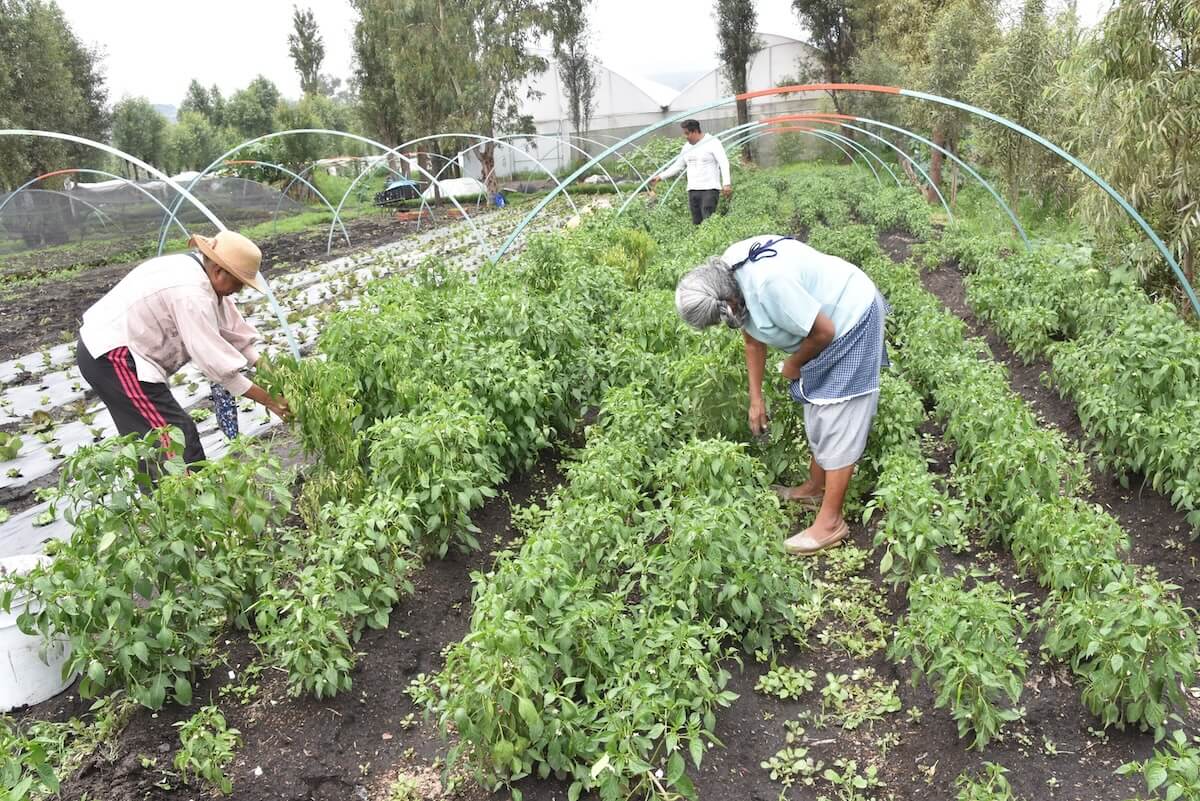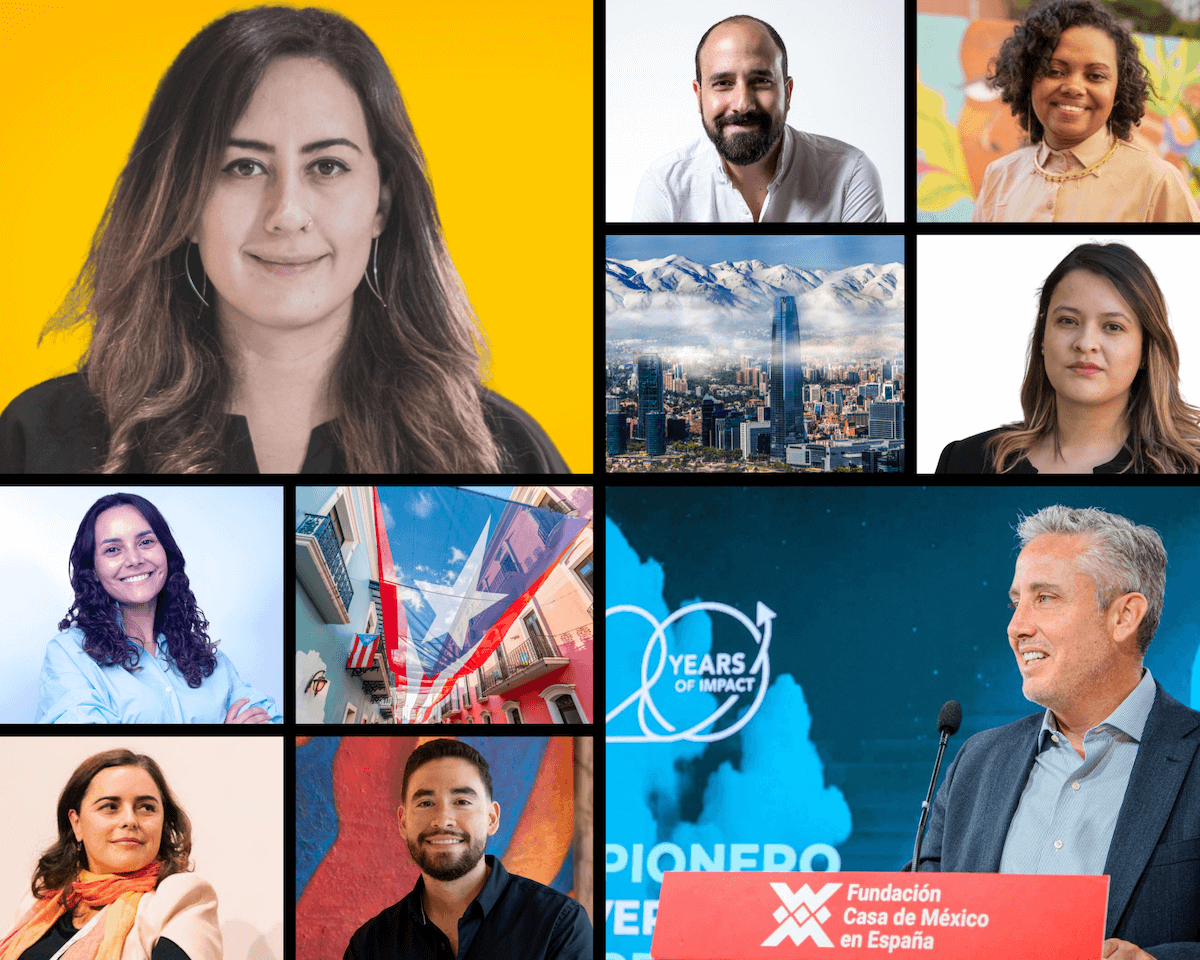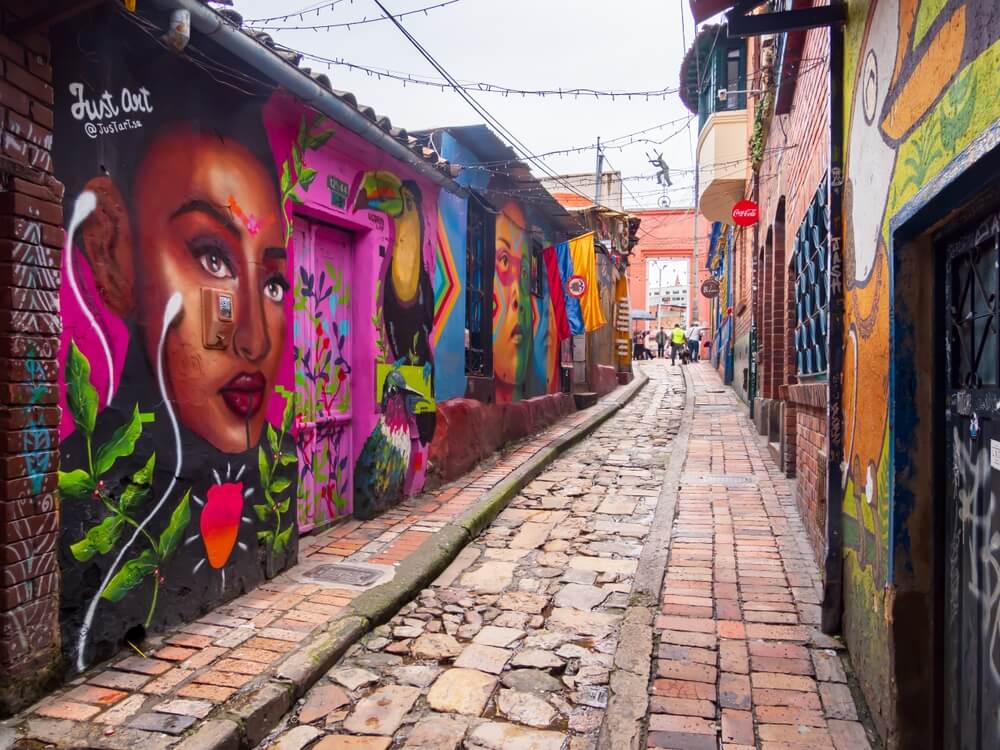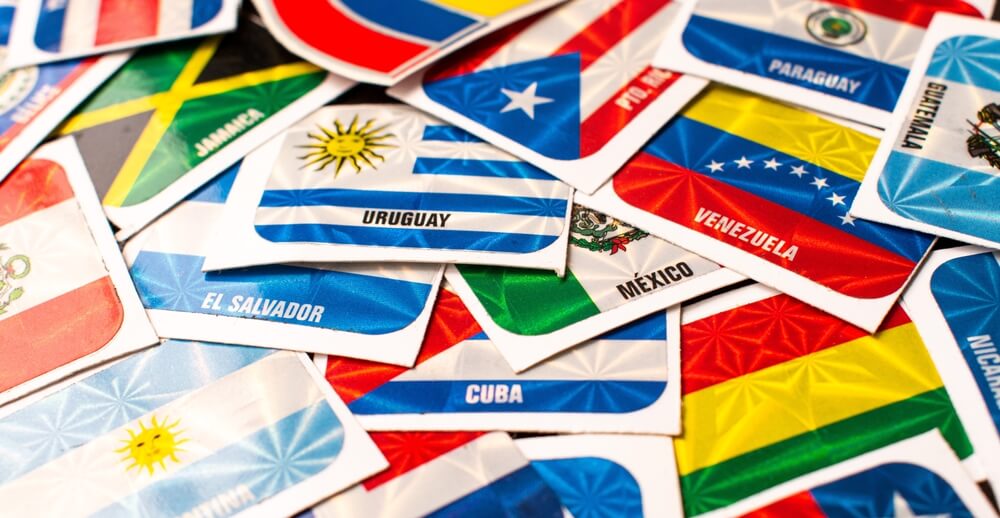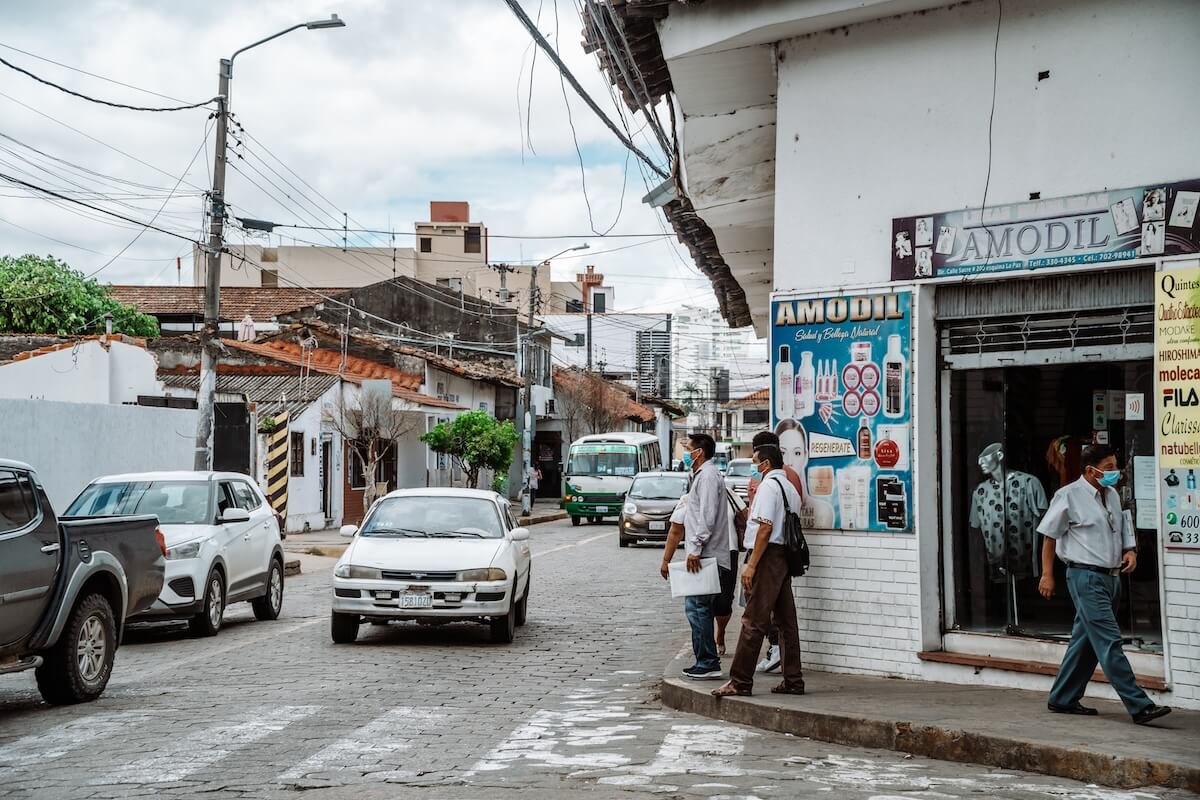Remittances. Second-hand shopping sites. And small business loans that could make or break a family.
Agents of Impact who are coming back to Central America and the Caribbean, or who never left, are building fintech, e-commerce and other solutions for the region’s underserved markets.
With ImpactAlpha’s growing focus on Latin America, I went to the FLII Central America and Caribbean in San Jose, Costa Rica earlier this month, excited for the opportunity to sit down and get to know some of these emerging changemakers (read our conference preview).
So many of these stories hit close to home. Many of these solutions would have made our lives so much easier when I was growing up in Colombia.
At the FLII, our conversations focused around the company’s origin stories and their impact. They fill me with pride and hope for the region.
Stephanie Joseph, Kura: Easing remittances to Central America and the Caribbean
On the Uber ride back from the FLII’s closing party, Stephanie and I had a chance to connect and learn about Kura – and her childhood in Port au Prince.
Haiti was a key focus of the conference, with a dozen fellows sponsored by Kellogg Foundation. Stephanie was among the cohort with Kura’s fintech remittances platform, which she incubated as a student at Harvard.
In operation for a year, she’s first improving peer-to-peer cash remittances in Haiti, with plans to expand around the Caribbean and Central America.
Stephanie recalls growing up in Haiti and having first hand experience with remittances. What her and her co-founder have developed enhances transparency through a mobile point-of-sale system, benefiting small and medium-sized businesses and the unbanked.
Through their research phase, Stefani found that while small businesses account for about 70% of the Haitian economy, current fintech products are not focused on serving these small business owners.
Working directly with the merchants, she found a willingness to pay for a product designed for them that increases revenue. Added benefits of the digital money transfers include speed of access to funds and the decreased risk of violence at payment pickup locations.
Gabriela Madrigal Morera, El Mercado del Pollo: Creating good jobs through food
“Do you like fried chicken?” That was Gabriela’s answer when I asked about her journey as a business owner.
It all started with selling fried chicken out of her kitchen window in Lomas Del Rio, a densely populated neighborhood of San Jose, Costa Rica with more than 100,000 inhabitants. Little by little, she started adding more services to her chicken stand and now she is gearing up for an expansion. Gabriela has benefited from the capacity building and financing services from Alterna.
El Mercado del Pollo employs over 12 local families, including female heads of households. With extended hours and a wide range of offerings, Gabriella aims to become the go-to market for her neighborhood and beyond. Her growth plan rests on purchasing the building which will allow Gabriella to add landlord and brand distributor to her resume. Her current deal with Coca-Cola has afforded her the opportunity to expand her distribution arm to other products such as coffee and soap to other smaller shops. Other future plans include adding a second truck for more distribution.
“This would be ideal, truly, a dream come true, and I am here at the forum taking advantage of this opportunity and open to all new partnerships.”
Stevon Darling, ONEST Financial: Expanding access to banking
ONEST is a regional geobank for the Caribbean and Central America. Onest aims to create a financial “super app” offering credit, savings, insurance, and investment products, starting with credit and financial education. Currently operating in the Dominican Republic, ONEST has its sights on Central America and the Caribbean.
Stevon and his team have leaned into alternative data points that can help determine the likelihood of credit worthiness and repayment. “Just because some people lack a credit history and have been left out of the banking system, does not mean that they are bad people or that they are going to defraud you, they have simply been left out by the big banks,” he says.
ONEST is banking on their education by gamification strategy to become a trusted source of not only cash but financial savviness.
When asked about the company name, he said they wanted to build a product that was “honest to our consumers, honest to our employees and honest to our stakeholders”, so they removed the “h” to make it easier to pronounce in Spanish.
Julio Javier Pastore, Vitrinnea: Building an online market for second hand goods
Agents of Impact are well aware of the negative impacts of fast fashion, but did you know that about 80% of the items you own, go unused?
Vitrinnea is an online market for second hand goods. Julio wants to re-inject that 80% back to the market and allow people to make smarter choices about shopping and offer a great deal.
Fresh off his return from Italy and bitten by the entrepreneurship bug , Julio set out to address a market gap in his home country of El Salvador. Launched in 2022, Vitrinnea now operates in four markets, including Honduras, Guatemala and Costa Rica.
The Vitrinnea team is hoping to go further south to bigger markets like Mexico, Brazil and Argentina.
Recalling my childhood, when wearing something used or a hand me down was looked down upon, I asked Julio if this was also the case in El Salvador and if and how people’s attitude about second hand items have changed. He has indeed witnessed an evolution in attitude and credits this shift to a greater awareness about sustainability practices, including upcycling, influencers and to access to technology such as Vitrinnea, which make the experience haggle free, safe and community focused.
Costa Rica, for example, is known to host swap parties and resale festivals all which point to behavioral changes that fuel the need for such services.







